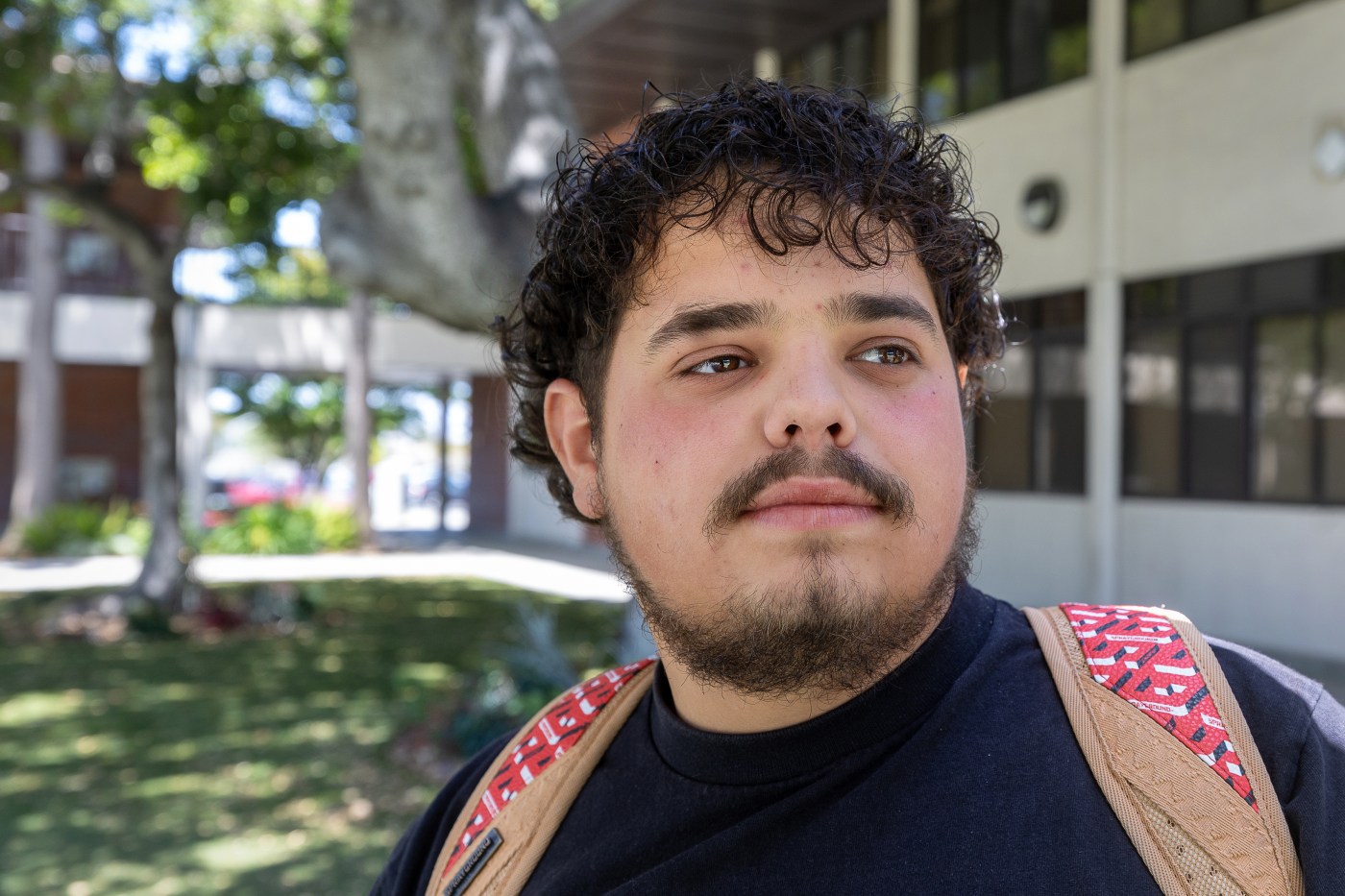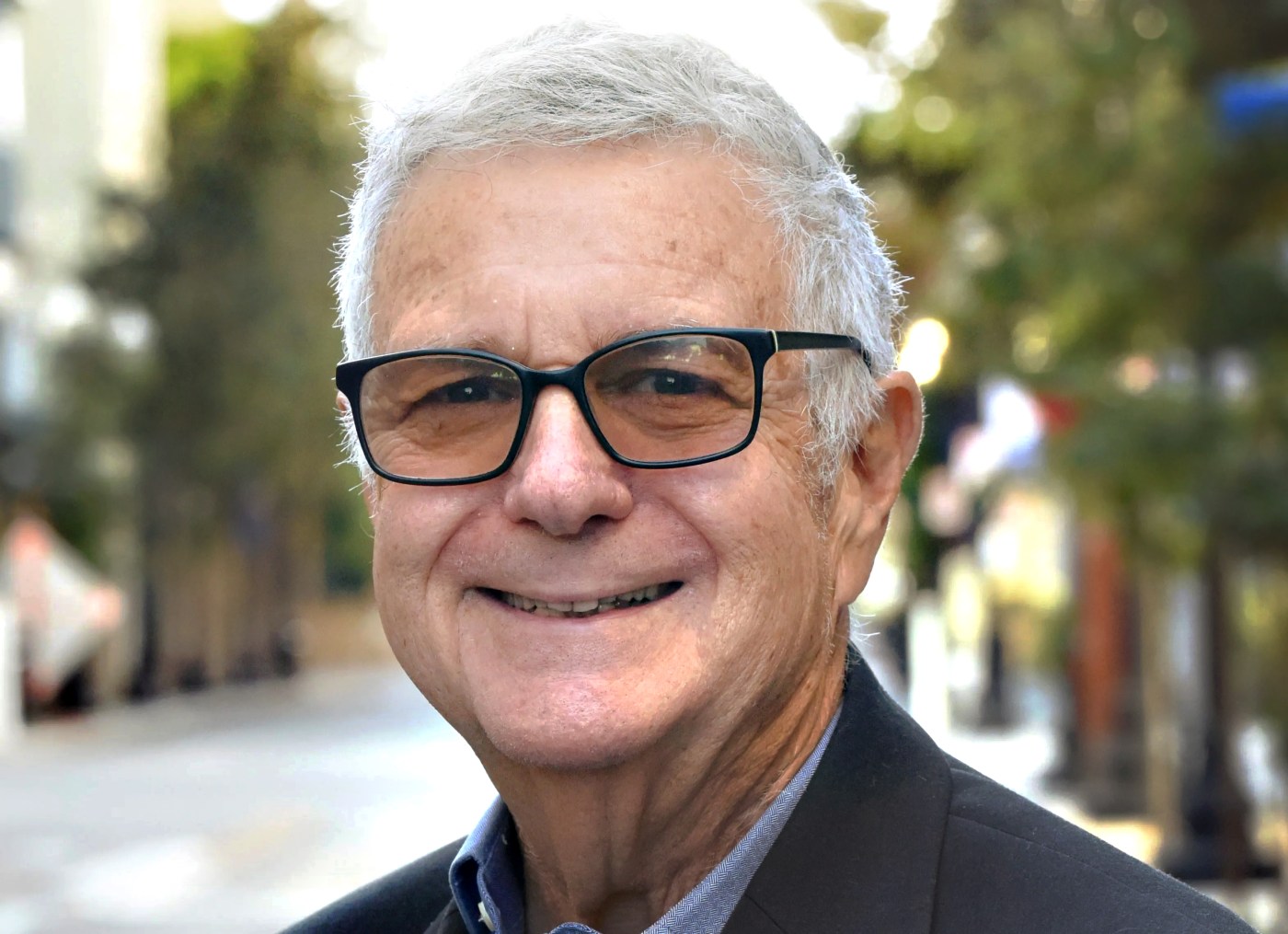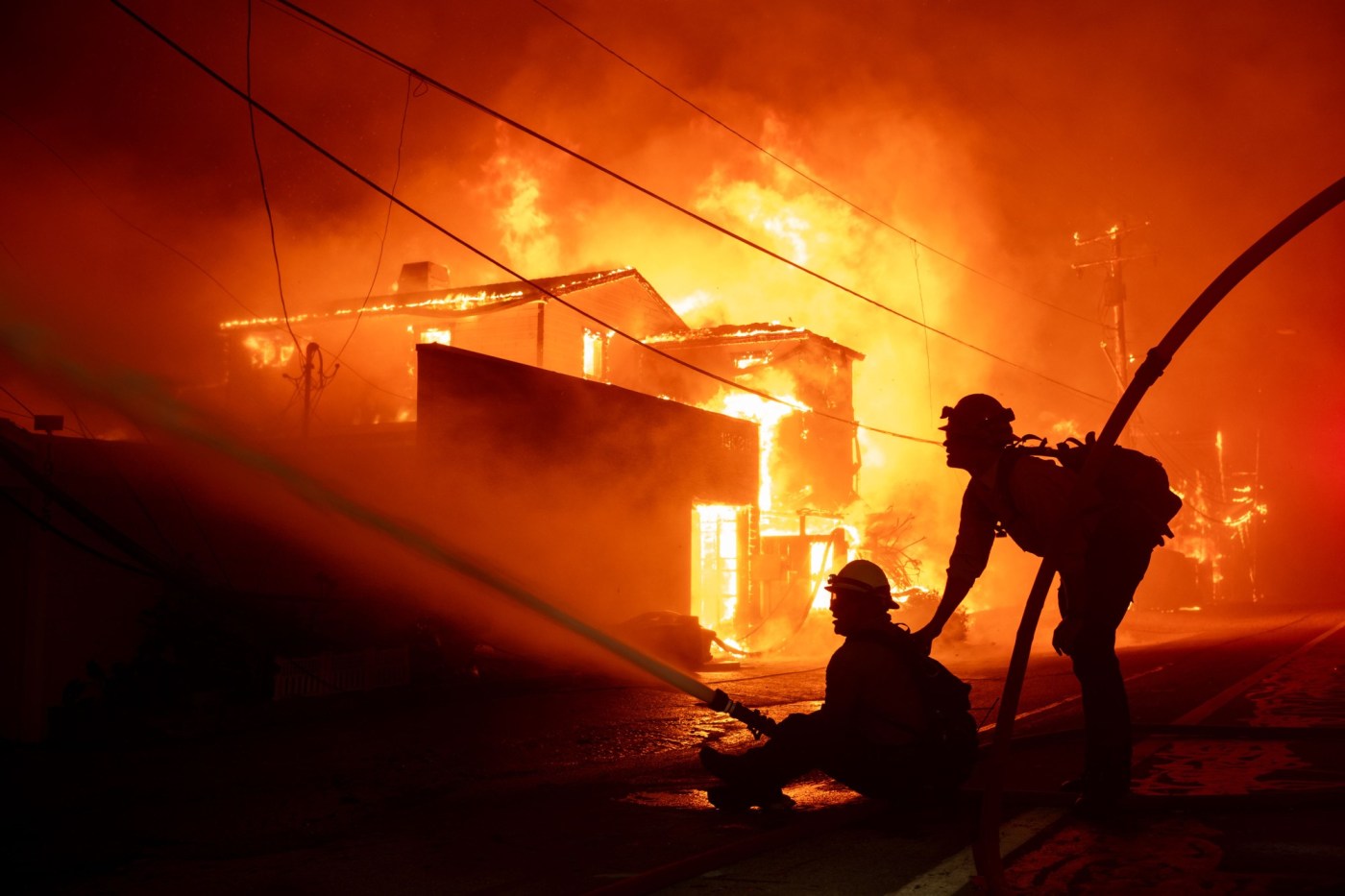Jakob Conry is the type of college student who always takes a seat at the front of the class.
He’s eager to answer professors’ questions and lead discussions, especially during courses for his political science degree at San Jose City College.
But when Conry returns to the crowded homeless shelter where he’s stayed on and off for the past year, he often struggles to focus on his studies. Some residents at the 230-person group shelter use drugs or spiral into chaotic mental health breakdowns. Paramedics and firefighters are frequently called to the site.
“Honestly, it drains me of my energy,” the 23-year-old said.
Conry is one of the many thousands of community college students across California without a permanent home. According to a 2023 survey by the state’s community college system, nearly a quarter of its roughly 2 million students had lived in shelters, vehicles or motels, on couches, or on the street at some point during the prior 12 months.
Among University of California students, 8% reported being homeless. For the California State University system, the rate was 11%.
Community colleges tend to enroll the state’s poorest students, who are often unable to afford housing, food or other necessities while pursuing their degrees. Unlike other state university systems, community colleges generally don’t offer on-campus housing.
Recognizing this, California lawmakers have in recent years sent tens of millions of dollars annually to community colleges to fund programs connecting students with housing and shelter, food assistance, and health care and mental health support. Some schools have also begun using state money to provide temporary rental assistance.
“Community colleges are kind of the central hub of social services for many students,” said René Alvarez, dean of academic success and student equity at San Jose City College, founded in 1921, making it one of the oldest community colleges in the state.
But as attention increasingly focuses on street encampments and open-air drug use, unhoused students remain a less visible — but no less widespread — part of the state’s homelessness crisis. Their situation is likely to go unnoticed while studying for finals at a coffee shop, or in Conry’s case, working part-time as a security guard at a Burlington department store.
“You lose your respect with most people if they find out you’re homeless,” he said. “I hide it. I don’t like telling people I’m homeless because they look at me and they’re like, ‘Oh, you’re 23, you’re homeless, what?’”
Born in Michigan, Conry grew up with his five siblings and his mother and stepfather. The family, often relying on government assistance, moved constantly from state to state before settling down in 2017 in the Central Valley city of Lemoore, south of Fresno.
As a kid, Conry loved football, playing offensive line and earning the nickname “The Bull” for the way he would punish defenders. But after arriving at high school in Lemoore, he gave up the sport and started hanging around the wrong crowd, and at 16, he was convicted of second-degree robbery, he said.
After high school, Conry tried college in Lemoore, but it didn’t take. He ended up living out of a car for a stint, and growing tired of life on the street, eventually enrolled in a federal job training program in San Jose that offered housing, despite not knowing anyone in the city. He was soon kicked out of the program, however, for testing positive for marijuana, he said.
From there, Conry bounced between local shelters and, for about a year, a rented room in a shared house before being evicted when the landlord wanted to move in, he said. He worked a series of service jobs, earning around $20 to $25 an hour, until deciding to give school another shot and enrolling in SJCC.
But taking a full course load left less time to work, making it that much harder to afford rent in one of the state’s most expensive cities, where the median monthly cost for a studio apartment tops $1,700. And that meant remaining at the homeless shelter.
“It’s kind of my choice,” he said, “what I want to do.”
Conry’s mother, Jodi Hulse, who said she dealt with mental health issues while raising her son, explained that although she worries about him in the shelter, she’s proud of the difficult decisions he’s made to forge a better life for himself. She said that had he returned to Lemoore, he likely would have found himself mixed up again with the gangs that run the streets in that part of the Central Valley.
“If he were not in San Jose, I think I would be either visiting him in a hospital, a jail or a cemetery at this point,” she said.
One of Conry’s main inspirations for going back to school and studying political science was Donald Trump’s election last year. Conry appreciates how Trump is nothing like a typical politician, and how he seems to represent the antithesis of the regulation and bureaucracy that Conry believes is driving up the cost of living in California, making it nearly impossible for young people like him to afford the state.
“If you’re not coming from a family that’s making over six figures, you’re not gonna be able to live in California, really,” he said.
Elias Portales, one of Conry’s professors at SJCC, described him as an excellent student who’s quick to debate his political views during class. Portales recalled how Conry emailed him after one class to fact-check a discussion about whether Elon Musk should have a security clearance for his government cost-cutting efforts.
“I find it very refreshing that we can have a robust academic debate, and Jakob is definitely not shy about that,” Portales said.
Related Articles
Oakland’s iconic California Hotel, vital housing for the formerly homeless, is in turmoil
Taves: No one’s in charge. Newsom must fill California’s homelessness leadership vacuum
Oakland: Wood Street shelter operator pulls out of sites a month ahead of schedule
Bay Area homeless encampment ‘sweeps up’ as opposed to being ‘swept out’
Berkeley housing program cuts could be ‘tragic’ but needed, officials say
While Conry’s political views may be outside the norm for the college, his struggle to find housing is hardly unique. Portales said he’s had one student who stayed with her two grandchildren at a shelter, and another who lived in an encampment while taking one of his courses.
“I didn’t realize how much of this job was going to be about understanding my students personally at that level,” he said.
After earning his associate’s degree, Conry hopes to transfer to a university out of state and then apply to law school. He aspires to become a civil rights attorney and then a politician, helping young people like himself who’ve grown up with the odds stacked against them.
“Most kids coming out of the ‘hood are looked at differently because of where we’re coming out,” he said. “So I want to be an advocate for individuals like that.”
Late last month, Conry accepted an internship with a law firm in San Diego and moved to the area for the summer. He said the firm is providing housing and $10,000, which he plans to use to buy a car so he can skip the hour-long bus ride to class once he returns to San Jose. He hopes to move back to the shelter in the fall, but he’ll likely need to sign up for a waitlist for a bed.
Before leaving for Southern California, Conry said he was nervous and excited for the opportunity, but preferred to take things day by day, knowing the path to reaching his ultimate goal is a long one.
“I’ve been trying to do better for myself, and try to at least make something out of my future,” he said. “Prove the haters wrong, kind of. Because people didn’t really think I could be a lawyer. So I just want to prove them wrong and just show people, even if you come from like the slums or wherever people want to call it, you can still make it out.”





